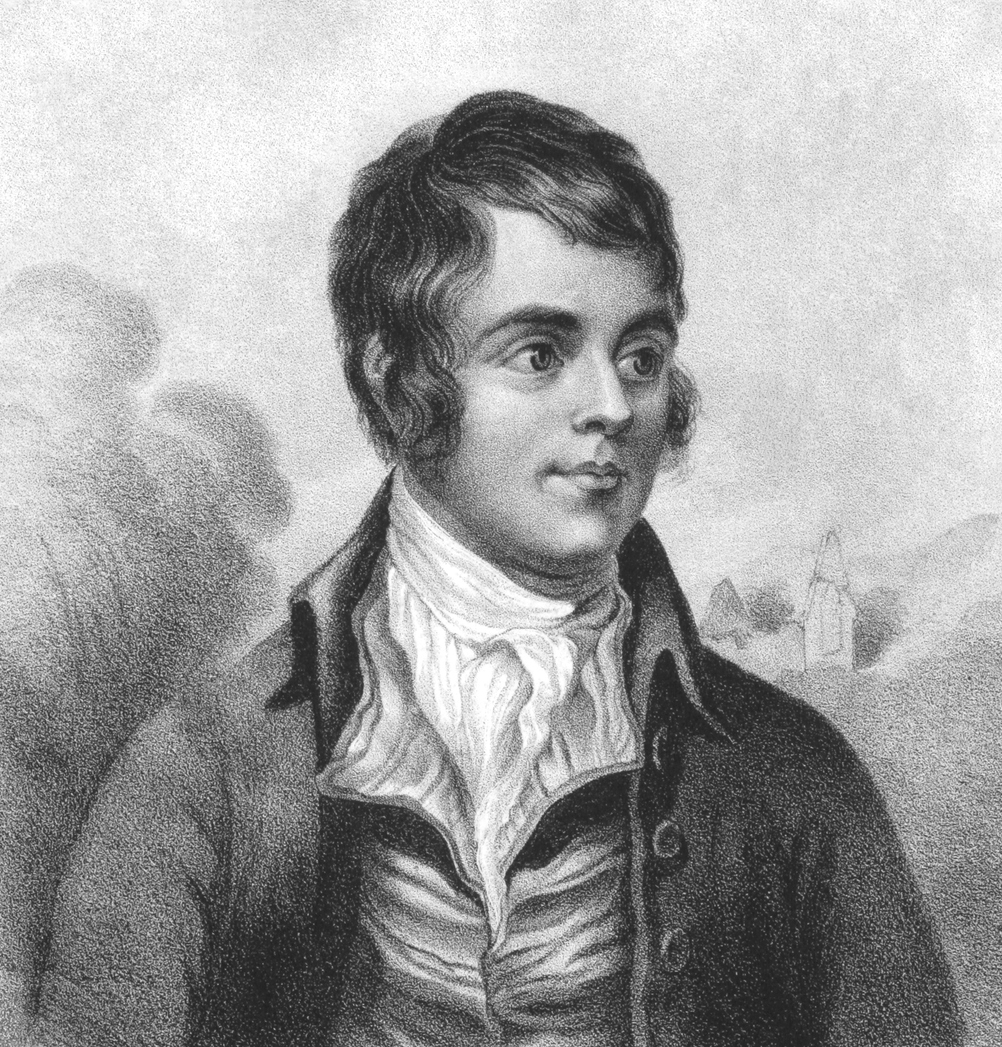What is Burns Night all about?

2025 QUIZ: HOW MUCH DO YOU KNOW ABOUT RABBIE BURNS & SCOTCH WHISKY?
We quizzed Scotch Whisky Association team members on what they know about Robbie Burns and his connections to Scotch Whisky. Play along and let us know how you do!
2024: WHAT HAPPENS AT A BURNS NIGHT SUPPER?
With a diverse group of colleagues, we discussed how much team members at the SWA knew about what is traditional at a Burns Night supper.
Who is Robert Burns and what is his connection to Scotch Whisky?
Robert Burns is Scotland's most famous poet, born in 1759. Well known for his poetry - most famously, Auld Lang Syne - this influential poet spent the last few years of his life working as an Exciseman, or what we might know as a tax collector.
As an exciseman, Burn's duty would have been to visit distilleries and gauge how much tax should be paid by them, as well as identify and stop any illicit distilling. A thankless and dangerous task, only a few years after starting Burns wrote The Deil's Awa Wi' The Exciseman - a sure sign of what people thought of the company that excisemen were keeping!
However - it wasn't all negative! Before he started in his exciseman role, Burns wrote 'Scotch Drink' - an ode to whisky and the nature of happiness - of community, cooperation, warmth and a friendly welcome - and his poem went to the true spirit of Scotch.
Often considered a second national day for Scotland, Burns Night was first held on the fifth anniversary of his death by his close friends in memory of him. The traditions that we see today have been developed since that first Burns Night, but often include toasts, ceilidhs, and of course - Scotch Whisky!

2023: THE SWA READS 'SCOTCH DRINK'
In 2023, we asked members of the SWA team to recite Scotch Drink, Burns' ode to Scotch Whisky
Want to learn more about some of the different elements of Burns Night that our team mentioned?
Selkirk Grace
Said at the beginning of the night, the Selkirk Grace is a prayer in Scots, said just before the haggis comes out. Attributed to Robert Burns, the Selkirk Grace was around before him, but Burns popularised it in 1794, reciting it at a dinner party with the Earl of Selkirk.
Some hae meat an canna eat,
And some wad eat that want it;
But we hae meat, and we can eat,
And sae the Lord be thankit.
Address to the haggis
After the Haggis is brought in on a silver platter, to the tune of bagpipes, the poem 'Address to the Haggis' is read, and on cue (His knife see rustic Labour dight), the haggis casing is cut, and lifted aloft for the final line (Gie her a haggis!) to applause and cheers! The haggis is served alongside neeps, tatties, and of course a dram of Scotch Whisky.
Toast to the Lassies
Originally intended as a thank-you for the meal, the Toast to the Lassies usually references the work of Burns and is made by a man in honour of the women of the party.
It's followed in turn by the Reply to the Laddies, where the women of the party return fire - all in good fun.